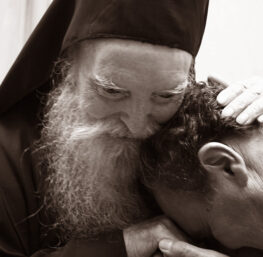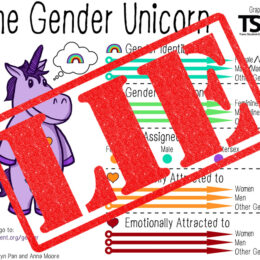Salvo Magazine | Greg Koukl | Nov. 10, 2008
So you’ve decided to become a moral relativist. Good for you! What could be better than doing whatever feels right? What could be worse than letting someone tell you what you should and shouldn’t do? Plus, it’s one of the easiest worldviews to adopt: Just leave everyone else alone and demand that they do the same for you, and you’ll never have to worry again about whether your actions are right or wrong. In fact, there are really only seven things that you can’t do as a moral relativist. Simply follow the rules below, and you’ll be free from absolutes forever!
Rule #1: Relativists Can’t Accuse Others of Wrong-Doing
Relativism makes it impossible to criticize the behavior of others, because relativism ultimately denies that there is such a thing as wrong- doing. In other words, if you believe that morality is a matter of personal definition, then you can’t ever again judge the actions of others. Relativists can’t even object on moral grounds to racism. After all, what sense can be made of the judgment “apartheid is wrong” when spoken by someone who doesn’t believe in right and wrong? What justification is there to intervene? Certainly not human rights, for there are no such things as rights. Relativism is the ultimate pro-choice position because it accepts every personal choice—even the choice to be racist.
Rule #2: Relativists Can’t Complain About the Problem of Evil
The reality of evil in the world is one of the primary objections raised against the existence of God. The argument goes that if God were absolutely powerful and ultimately good, then he would take care of evil. But since evil exists, one of three possible scenarios has to be true: God is too weak to oppose evil, God is too sinister to care about evil, or God simply doesn’t exist. Of course, to advance any one of these arguments means that you also have to believe in evil, which relativists can’t do. In fact, nothing can be called evil—not even the Holocaust—because to do so would be to affirm some sort of moral standard.
. . . more




The author does not mention that there are different varieties of moral relativism. The relativism discussed in the article is what one might call individual relativism, in which each person is seen as the source of his or her own personal morality. Unfortunately (for the article) that’s a naive form of relativism, typically held by college freshmen who have never thought about morality in a systematic way.
A more common version is situational relativism, in which the morality of the particular situation is determined considering the facts of the situation, combined with an application of the relevant moral principles. This is in fact how most people make moral decisions, even those who claim to believe in “moral absolutes.”
Just as a question though, what makes any moral principle “relevant”? Who decides?
I don’t think there is an analytical definition of what makes a moral principle relevant in a certain situation. I suppose that’s determined by the person in the situation. That doesn’t mean that there is no “objective moral truth,” but that one must decide moral principle governs.
There are a couple of classic examples. You have hidden Jews in your house, and the Gestapo arrives and asks if there are Jews in your house. You reply “no.”
You promise a friend that you will meet him for lunch. On the way there you encounter a serious traffice accident and stop to help, missing lunch.
In both cases there are simple moral principles — to tell the truth, to keep a promise — that are overriden by another principle — to save life. So someone has to make that decision, but as I mentioned I’m not aware of any hard and fast rule on how to do that.
Thank you for your prompt response.
How does one decide that the needs of the Jew to not die or that the injured person needs to be helped supersede the so-called “lesser” duties of absolute honesty and faithfulness to a friend?
And a blessed feast of John Chrysostom to you!
Dean writes: “How does one decide that the needs of the Jew to not die or that the injured person needs to be helped supersede the so-called “lesser” duties of absolute honesty and faithfulness to a friend?”
How people actually make these decisions is an interesting question, and I’m sure I wouldn’t have a very good answer. My point was just that they in fact typically do make moral decisions based on the circumstances of the situation.
The best example of a systematic situational approach is in modern medical ethics. Hospitals have ethics committee consults that can help families determine the right action, especially in end of life cases when the patient cannot communicate. The sessions typically include physicians, nurses, pastoral staff, and members of the patient’s family. They look at the totality of circumstances including the medical facts of the case, treatment options and likely outcomes, any statements that the patient might have made, the feelings of the family, and so on. The goal is to come up with the best course of action given all of those factors.
If Fr. Hans checks in here sometime it would be interesting to ask him about that process, since I’m sure he has been involved in such consults.